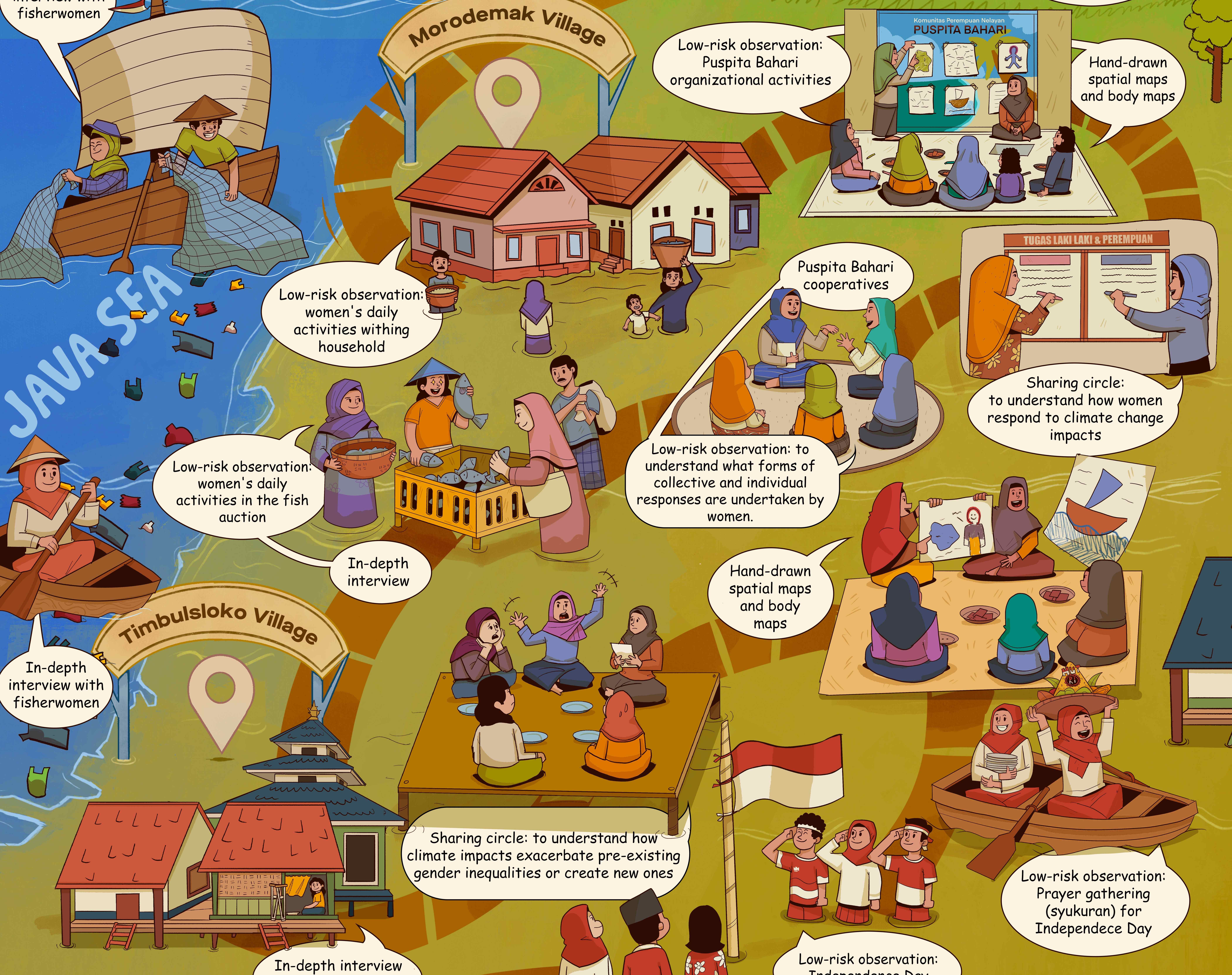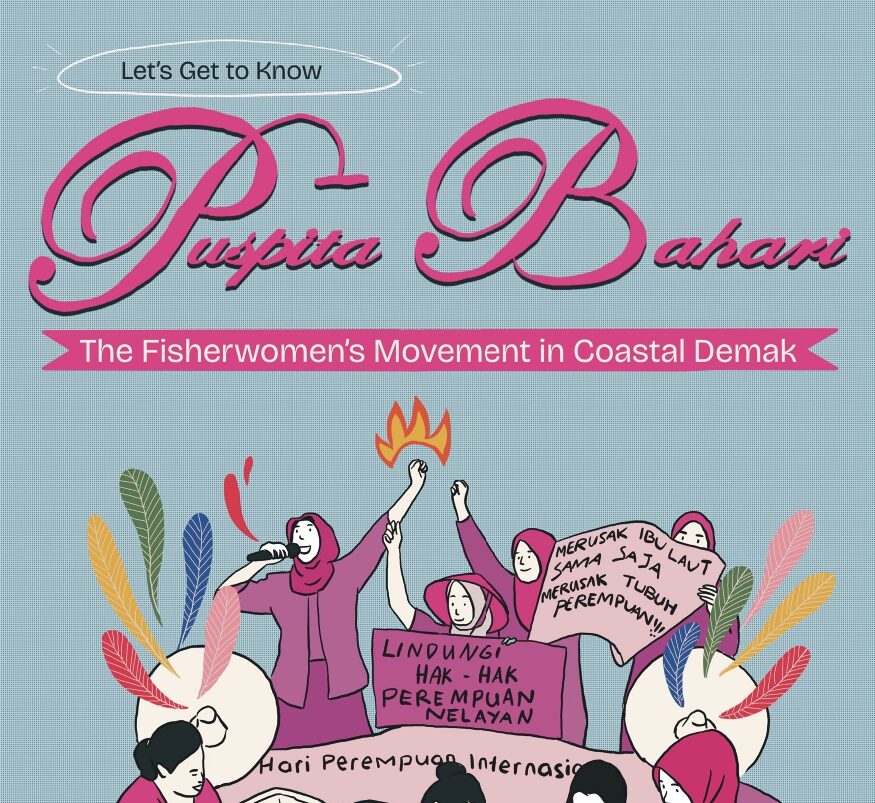Facilitated by a poet and collage artist and in collaboration with a civil society organisation, GENERATE hosted two two-day workshops with LBQ (lesbian, bisexual and queer) women living in Kampala, Uganda.
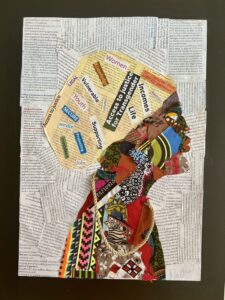
The workshops provided LBQ women with the opportunity to creatively explore and reflect on their lived experiences of climate change and environmental injustice and how these relate to broader social and political injustices they face. The participants used both poetry and collage to highlight interrelated issues relating to housing and being unhoused, ageing, economic justice, and health and wellbeing, and how these are impacted by and intersect with broader environmental and climate injustices they face in Kampala, Uganda. We created a safe space in which to also celebrate and centre the creativity, agency and resilience of our participants, providing materials and mentorship to experiment with creative expression and support each other’s works.

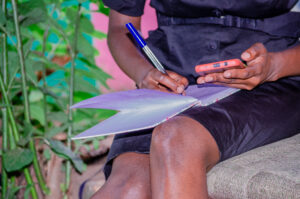
The first workshop provided a safe space for LBQ women to learn creative writing skills, discuss their lived experiences, share stories and memories, and build relationships and critical awareness of how sexual and gender diversity shapes climate impacts. A poet helped shape the emerging poems and provide feedback as we interwove discussion, performance, group feedback, shared meals and individual writing and quiet reflection across the span of two days.
The workshop produced 15 poems on environmental themes, some of which are shared here. We have not included the poets’ names to protect their identities in light of the ongoing violent and political discrimination against sexual and gender diverse communities in Uganda.
We do include here the poem ‘Entebbe E/Ntebbe’ (Entebbe Chair) by poet Daphine Arinda, that addresses many of the key themes emerging from our reflective discussions:
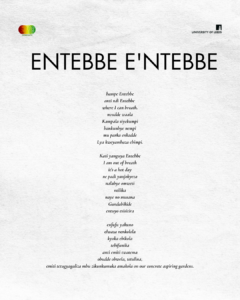

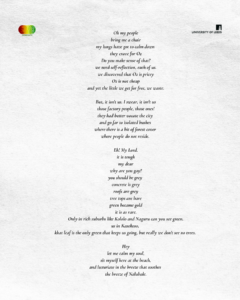
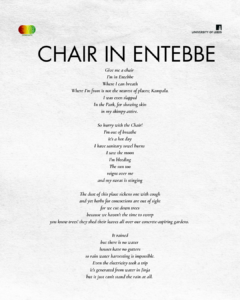

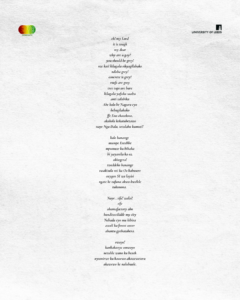
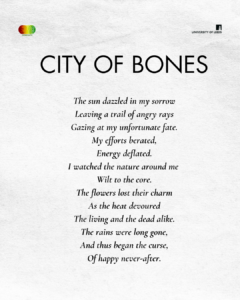

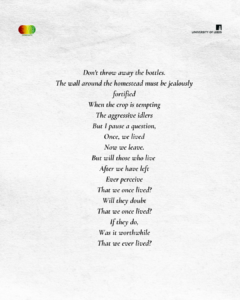
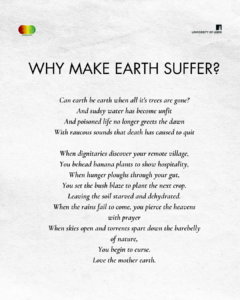
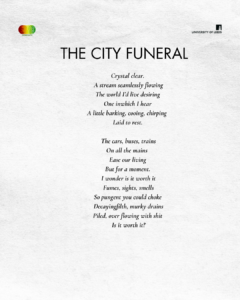


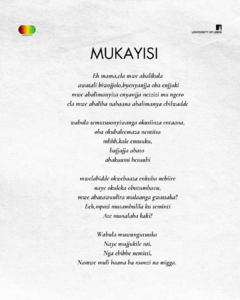
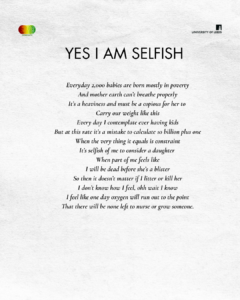
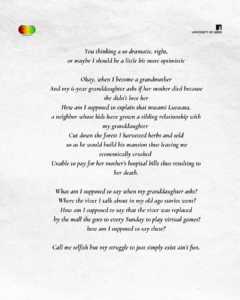
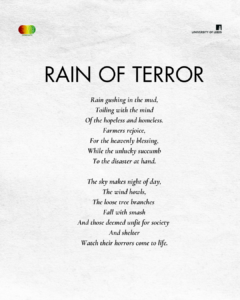
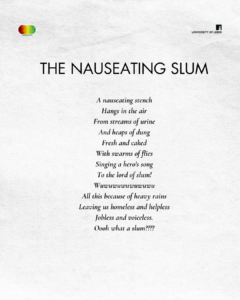
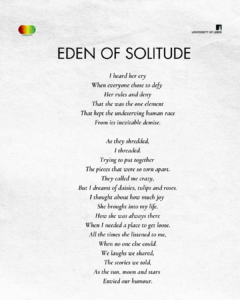


In the second two-day workshop, an artist taught participants about the (feminist) history of collage, different collage techniques and skills, explored the work of different collage artists around the world, how to bring local crafts and traditional forms of weaving into collage, and engaged in cycles of creativity, experimentation, individual quiet reflection, and individual and collective collage activities. These were interwoven with discussion and sharing or stories and experiences, responding to each other and feeding back on creative pieces.
Participants reflected on how the combination of creative expression and discussion helped them to develop new climate knowledge, new relationships and partnerships with other LBQ women, an increased sense of wellbeing from connecting with other LBQ women about lived experiences of shared challenges and coping mechanisms, and developing a creative outlet for these experiences.


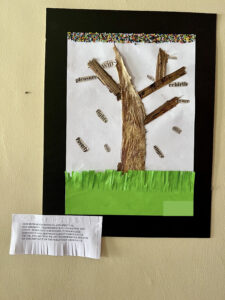
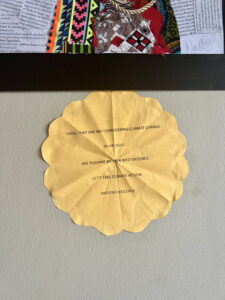
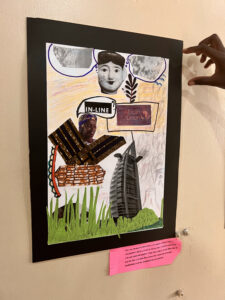
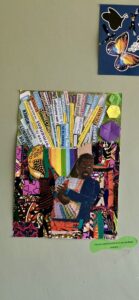
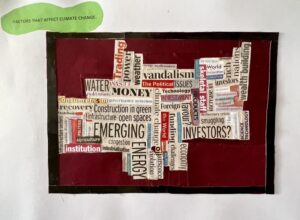
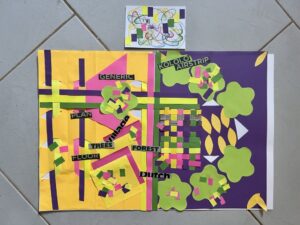
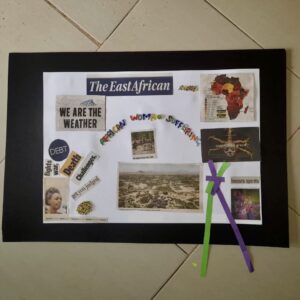
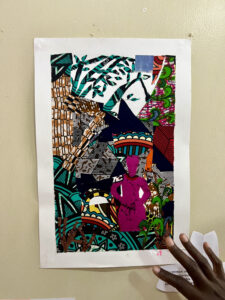
The poems and collages continue to be used as tools for advocacy, individual and collective reflection and discussion, and are exhibited in civil society organisation offices.

